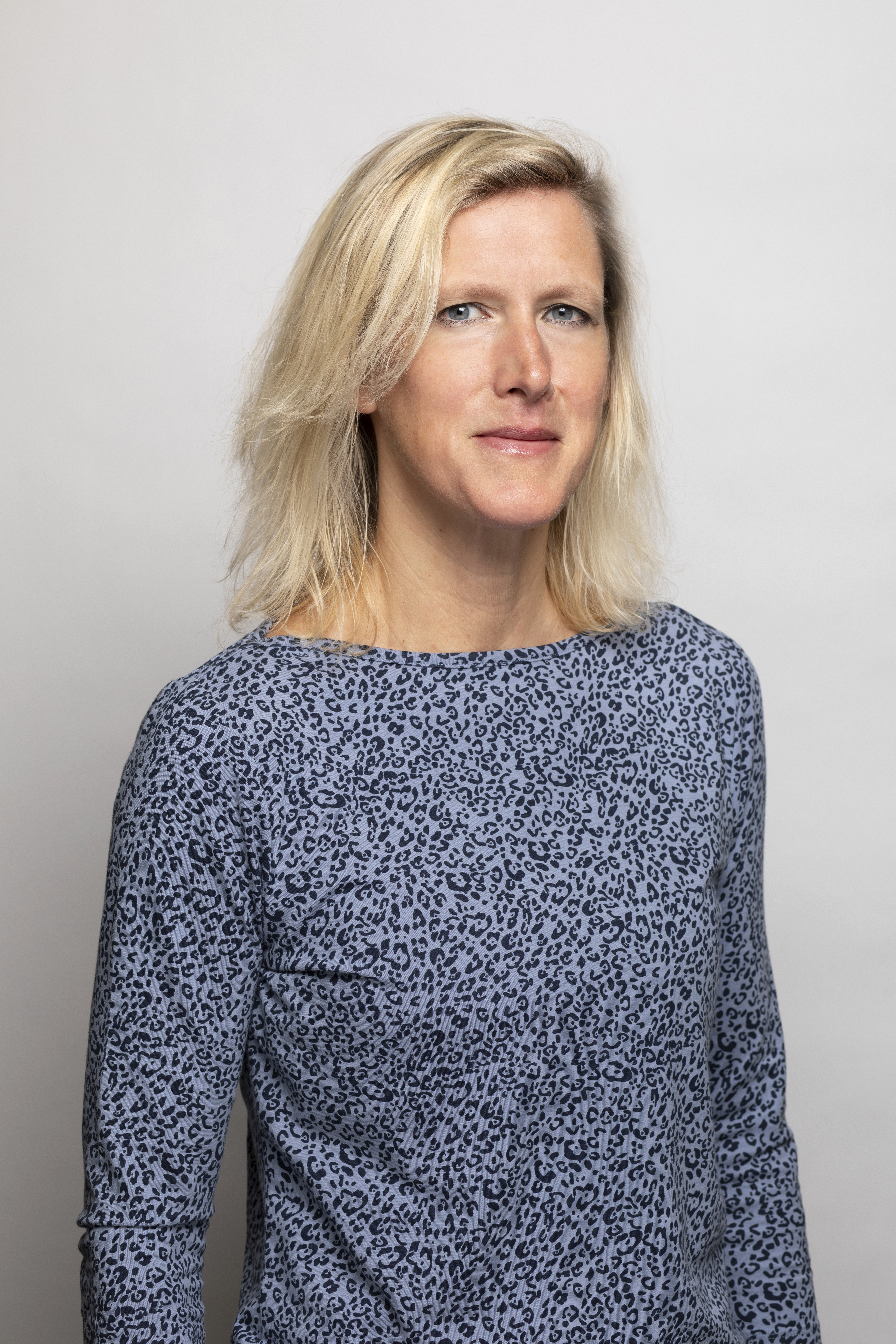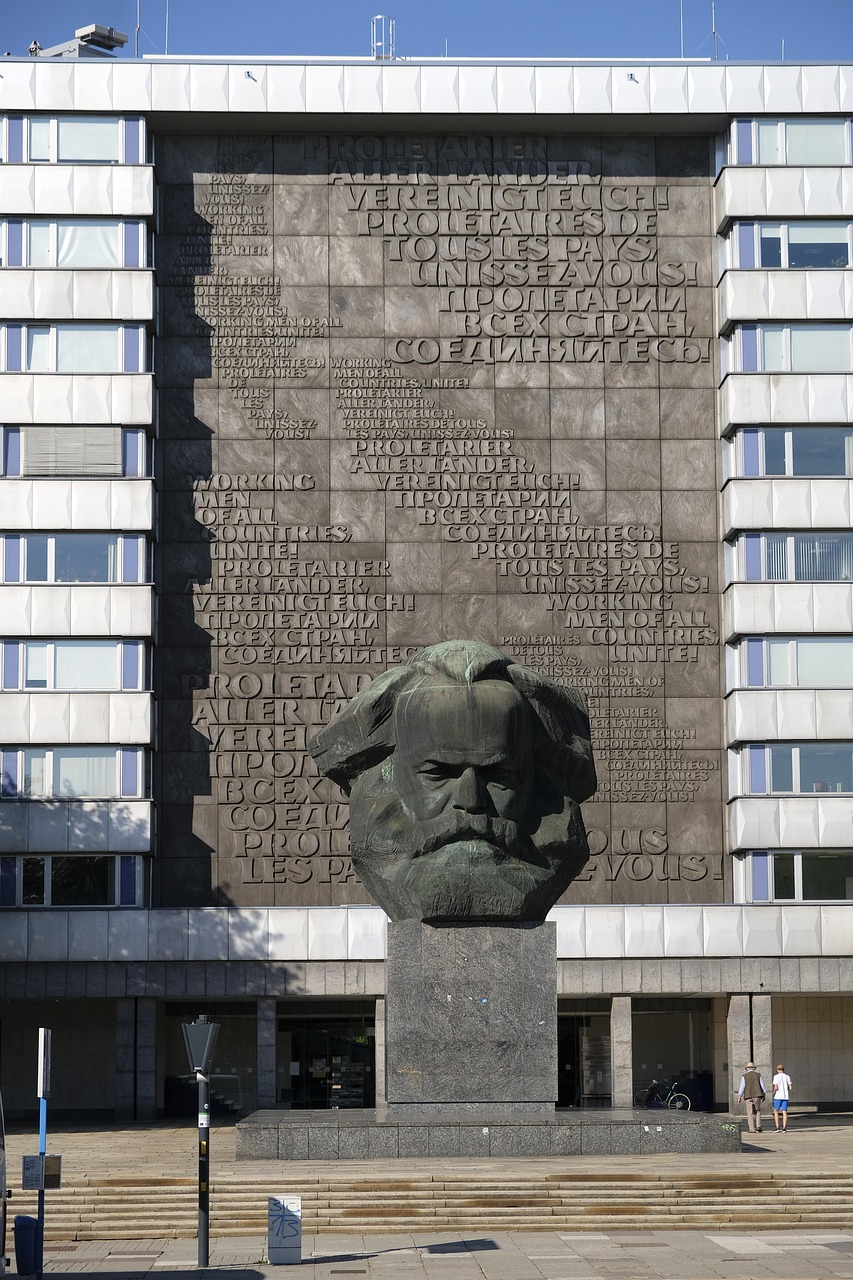 On Monday, the UK’s terror threat level was raised from substantial to severe following the detonation of a bomb in a taxi outside Liverpool Women’s Hospital on Remembrance Sunday, only weeks after the alleged terrorist stabbing of Conservative MP Sir David Amess in Essex. Concerns over a possible Christmas terror bombing campaign could be behind the raised threat level, warned one former counter-terror chief.
On Monday, the UK’s terror threat level was raised from substantial to severe following the detonation of a bomb in a taxi outside Liverpool Women’s Hospital on Remembrance Sunday, only weeks after the alleged terrorist stabbing of Conservative MP Sir David Amess in Essex. Concerns over a possible Christmas terror bombing campaign could be behind the raised threat level, warned one former counter-terror chief.
Meanwhile Conservative Muslim peer Lord Sheikh asked in the House of Lords on Monday for the government’s position on adopting a formal definition of Islamophobia. The Conservatives have not adopted a definition produced in 2018 by the All Party Parliamentary Group on British Muslims, which was opposed by counter-terrorism experts, secularists, moderate Muslims and defenders of wider civil liberties, minority and women’s rights, gay rights and freedom of speech. The APPG’s definition was nevertheless hastily adopted by all other political parties following the Christchurch Mosque attack, in the run-up to the 2019 general election.
With a new spate of terror attacks in the UK, now would be the worst time to adopt a definition of ‘Islamophobia’ – a term that fails to distinguish between anti-Muslim hatred and opposition to Islamism, a political ideology emanating from the Middle East, some of whose proponents sanction offensive jihad to spread Islam – a doctrine known to inspire acts of terror across the globe.
Polls show that the majority of non-Muslims and Muslims in the UK want to live in a free, equal rights-based secular democracy. Their fear of Islamism, then – an ideology which seeks for all humankind to live in a sharia-governed caliphate – is well-founded.
In 2006, twelve writers who had been targeted with death threats by islamists including Ayaan Hirsi Ali, Salman Rushdie, Irshad Manji, and Taslima Nasreen signed a ‘Manifesto Against Islamism’, which read: “After having overcome fascism, Nazism and Stalinism, the world now faces a new global totalitarian threat: Islamism is a reactionary ideology that kills equality, freedom and secularism wherever it is present…”
Yet this ideology remained ‘the elephant in the room’ in the House of Lords when Lord Sheikh yesterday asked for the government’s position on adopting a formal definition of Islamophobia. Out of eight contributors to the ensuing debate, only Baroness Claire Fox made mention of ‘political Islamism’:
“I think it is crucial that we distinguish between aberrant anti-Muslim bigotry and the highly contentious concept of Islamophobia which does which does threaten free speech. Does the Minister acknowledge its chilling effect, even for Liberal Muslims….in muting any criticism of Islam as a religion and even muting critiques of political Islamism, however dangerous?”
“I do recognise that issue, there is no doubt that the term is used as a hecklers‘ veto that does shut down alternative opinions.” said Lord Greenhalgh, Minister of State for Levelling Up, Housing and Communities, who avoided uttering the words ‘political’ or ‘Islamism’ during the debate, while stressing that the government had provided the anti- Muslim hate crime charity Tell Mama with £4m over the last 5 years for monitoring and victim support while it continued to explore a definition.
British Pakistani Muslim peer Baroness Falkner, now chair of the Equalities and Human Rights Commission, had no such qualms at a December 2018 debate on the APPG’s definition ‘Islamophobia Defined’ when she said:
“My other broad problem with the analysis is that, while it takes pot shots at other political ideologies, it is almost entirely silent on Islamism and political Islam. So while there is reference to incidents of hate crime and Islamophobia spiking after a terrorist incident, or after sustained negative media coverage of Muslims, the report does not contextualise those rises against the broader backdrop of the portrayal of Islam as being problematic due to Islamism.
It seems hardly surprising that there has been a rise in Islamophobia over the last two decades when it is seen against the backdrop of the 9/11 attacks, our knowledge of the Taliban’s ideology during the Afghan conflict, and the sustained and ongoing nearly two decades of Islamist terrorism in the West, including the UK.”
The APPG’s report lists as a contemporary example of ‘Islamophobia’ ‘accusing Muslim citizens of being more loyal to the ‘Ummah’ (transnational Muslim community) or to their countries of origin, or to the alleged priorities of Muslims worldwide, than to the interests of their own nations’.
Yet this is a narrative that pro-Caliphate Islamist group Hibz Ut Tahrir openly espouses. On a recruitment drive in July 2018 in Sparkhill in Birmingham one if its activists asserted, “The ummah is like one body. When one part of it feels pain the rest responds with fever and is restless. Whether you are in London, Birmingham, Stoke, Palestine, Kashmir, the connecting factor is not an area or postcode” reported The Times in July 2018.
A Hizb Ut Tahrir pamphlet reads: “In the forthcoming days the Muslims will conquer Rome and the dominion of the Ummah of Muhammad (peace and blessings be upon him and his family) will reach the whole world and the rule of the Muslims will reach as far as the day and night. And the D?n of Muhammad (saw) will prevail over all other ways of life including Western Capitalism and the culture of Western Liberalism”.
Islamists can’t have it both ways. Either they are loyal to this country or they are not. If they are not, then pointing this out is not ‘islamophobia.’ If it is not ‘islamophobia’, then we can freely discuss the problem of militant jihadism within the ranks of Islamists, without fretting about a racist backlash against all the peaceable, law abiding majority of Muslims, Pakistanis, Somalis or Arabs. We will have situated their hatred and betrayal of their country in their extremist ideology, not in their religion or their race, quite unlike the APPG’s definition ‘Islamophobia is rooted in racism and is a type of racism that targets expressions of Muslimness or perceived Muslimness’.
A workable definition of anti-Muslim hatred could not be used as cover by Islamists to advance their political agenda, which seeks to dismantle the majority culture. This in turn would boost confidence nationally in freely debating Islamism, as any other political ideology, which was sorely lacking in the House of Lords yesterday.
















Well-written Hannah, thank you for stating things so clearly (to anyone who has not been brain-washed by islam).
I would suggest that “islamophobia” is a non-word that does not need to be defined as it is just an insult designed to close down rational debate; why are we talking about islamophobia as against ‘judophobia’ and ‘Christianophobia’ (for example)?